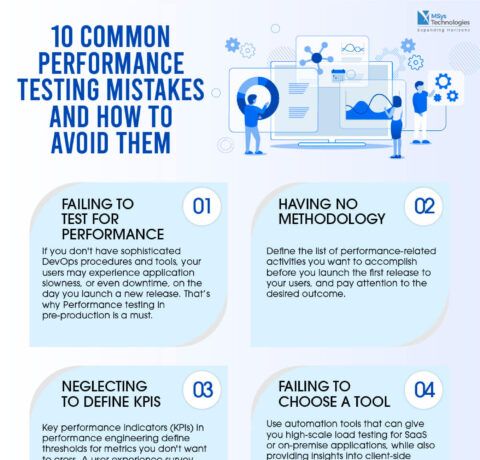The Truth About Brain Training Infographic
We’ve all seen the commercials: Work for minutes a day brain training online and you’ll become sharper, smarter and altogether happier with your mind. But do the games and exercises on these websites actually make you smarter? What about more traditional games like Sudoku and crossword puzzles? The Truth About Brain Training Infographic presents some scientific evidence regarding brain training.
Brain Myths
So many people these days are worried that their brain will deteriorate without “exercising” it; the truth is, regular stimulation and use are all that’s required to keep an active, healthy brain. In other words, just by being alive, you’re “exercising” your brain.
Myth 1: You use only 10% of your brain.
False. All different parts of your brain are required for everyday activities like breathing, eating, seeing and processing simple information.
Myth 2: Doing daily puzzles keeps your brain young.
False. There is no evidence-based research to suggest that things like daily crossword puzzles, Sudoku or brain-training exercises stave off dementia or keep your brain from aging any more than regular physical exercise or socializing with other people.
The Claims
Each brain-training website makes its own claims regarding its unique ability to “work out” your brain and make you smarter and better at daily brain activities.
“Several studies have been published on Lumosity’s ability to improve key abilities such as working memory, visual attention and executive function.” - Lumosity.com
“Regular mental workouts of only 10-20 minutes daily can improve your cognitive function and brain processing speed.” - Mybraintrainer.com
“You will find some brain fitness workouts that can help your mind process information more quickly, and more efficiently, as well as the ability to perform multiple tasks at the same time.” - Brainmetrix.com
The Evidence
Many of these websites publish their own research and claim to have studies that back their activities as useful. For example … On its website, Lumosity states that “Since 2007, 7 studies have been published on the effects of Lumosity.” The studies have involved Lumosity’s in-house researchers as well as outsiders.
The Murky Truth
Unfortunately, the few studies done outside of these websites have reached inconclusive results.
- About 150: The number of studies published on brain training, though only a few tested benefits pertaining to real-life cognitive situations
- A study at Georgia Tech found that playing “brain games” like memory exercises made participants better at that particular exercise, but did not transfer to better memory as a whole.
- In another study at Cambridge, 11,430 participants trained weekly with tests designed to improve cognitive function and memory. Participants only received higher test scores due to familiarity and not transferable improved memory or function.







You can adjust your cookie preferences here.